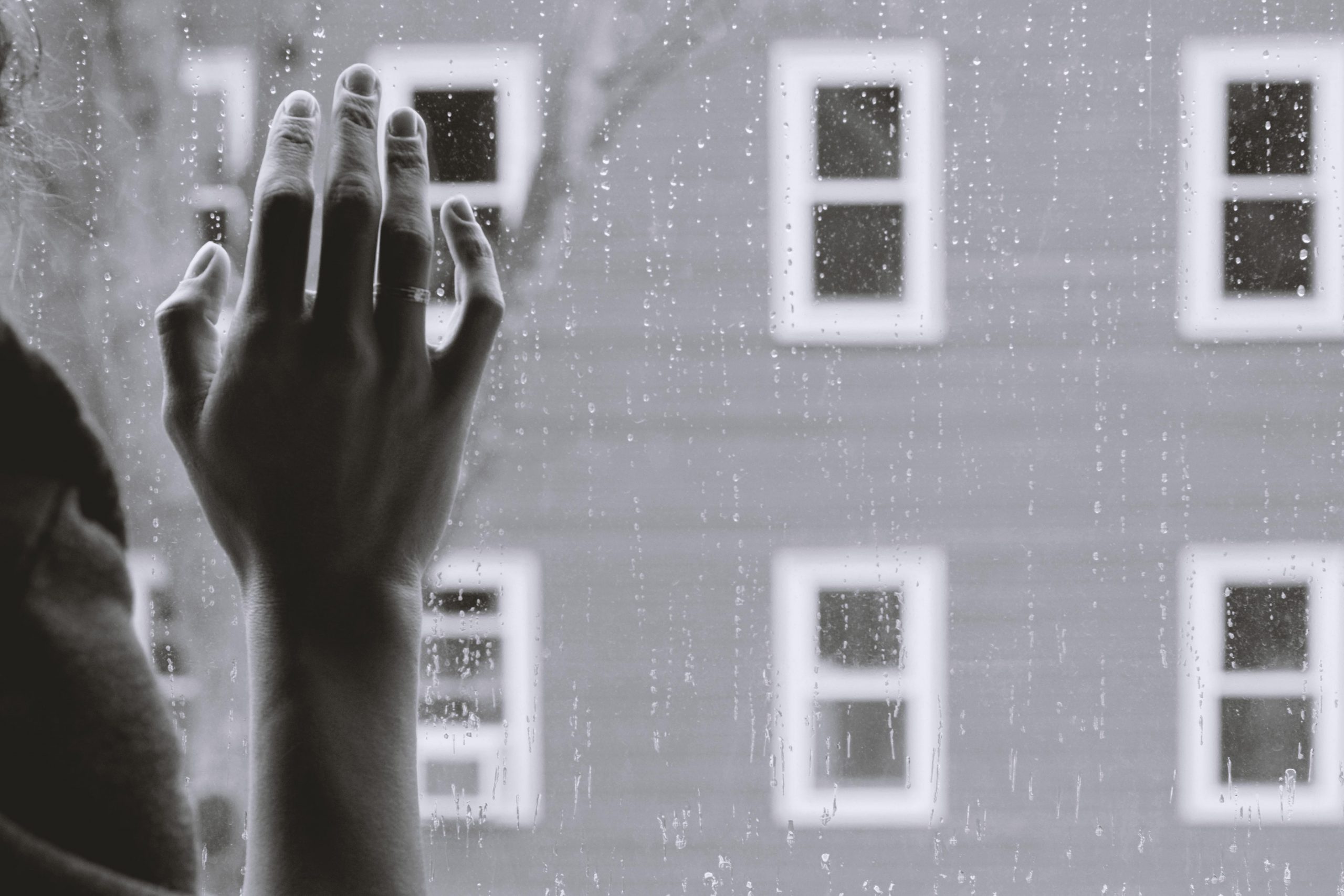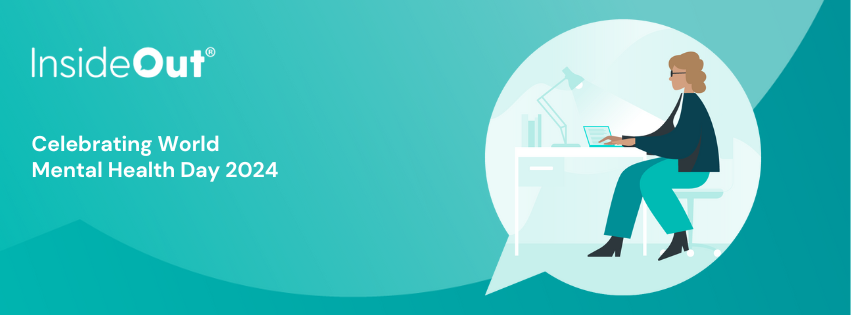There are so many times in life we feel helpless and not in control. Be it with something going on in our personal or professional lives, national events, crisis or tough situations that leave us feeling lost, sad, upset and helpless. Most of us have been in this situation more than once. Here are a few tips on what you can do when you feel helpless.
Stop Buffering: Buffering is when we use external things to change or avoid what we are feeling. By constantly running away from what we are feeling we are trying to solve it by seeking false pleasure. So it goes something like this because we are feeling unhappy and helpless we either overeat or binge drink, watch countless hours of Netflix, all to escape or avoid what we are feeling. In fact when we feel helpless it’s better to allow ourselves to really feel our emotions, in a deeper way. When we get to know ourselves in a deeper way, we can start taking action to address the real issues and emotions.
Exercising: Physical activity – light or intense exercise has a positive impact on our mood. When you are feeling helpless, lost or not in control exercising can really help. Some people like to process their helplessness and get some thinking in whilst running or walking while others like to open themselves up and go deeper by stretching and yoga. There is a large and growing body of evidence that suggests that exercise can alleviate anxiety, stress and tough emotions. Though all movement is beneficial, aerobic sports like running, hiking, swimming or even a fast paced walk has a positive effect on mood. So the next time you feel helpless, lost or upset, move your body and see the impact that has on you.
Consume Positive Content: The last thing you want to do when you are feeling helpless and low is to engage in negative content that can pull you down further. For instance, getting on social media like Facebook, Snapchat or Instagram can have a spiraling effect if you start comparing yourself to the lives of others. This can leave you feeling worse and powerless. Instead engage in content that can pull and lift you. Indulge in empowering podcasts, listening to inspiring music and reading motivating blogs and books that can help you rise.
Make A Plan: This is one of the techniques I learnt during my Cognitive Behaviour Therapy lessons. I find this technique really helpful – identifying what is causing the anxiety or helplessness and finding ways of resolving it by making a plan. For instance if the anxiety is caused because you are worried for your child’s safety then write out what you can do to minimise that and make a plan. I’ll give you an example. The last many months I’ve been feeling helpless and anxious about the increasing moped crimes in my area. I worry about my daughter’s safety as she travels a lot by her own. So I have made a plan for when she leaves school in the evening. She messages me when she leaves the school gate, when she gets on the bus and when she’s walking back home. That way we both know that she’s safe and there’s really no need for me to panic or time travel. We’ve also made a plan for emergencies. Making a plan and trying to execute it can help reduce feelings of anxiety and helplessness.
Journaling: I know, its tough to make or write out a plan all the time especially if things are way outside your control. At this time, dumping can be really useful. By dumping, I mean finding ways of releasing the stress and feelings of anxiety that you are carrying around. A great way to dump is by journaling.
Keeping a journal helps you establish order when your world feels like it’s in chaos. It helps you get to know yourself by revealing your innermost fears, thoughts, and feelings. Look at your writing time as personal relaxation time, a time when you de-stress and wind down. Write in a place that’s relaxing and soothing—maybe with a cup of tea. Look forward to your journaling time, and know that you’re doing something good for your mind and body. Write whatever feels right. Your journal doesn’t need to follow any particular structure. It’s your own private arena to discuss whatever you want. Let the words flow freely without worrying about spelling mistakes or what other people might think.
Get Support: You really don’t need to go through it all by yourself. If you are struggling and feeling helpless and lost – make a list of people who can support you and just ask for help. Even a little help goes a long way. Reach out to friends, family, your local community and support groups. Working with a coach or change work professional is also great – they can hold the space in a non-judgemental environment and help you work through issues.
I’ll leave you with this quote from Louise Hay – “You have the power to heal your life, and you need to know that. We think so often that we are helpless, but we’re not. We always have the power of our minds…Claim and consciously use your power.”
Author: Poornima Nair, Life Coach at InsideOut






